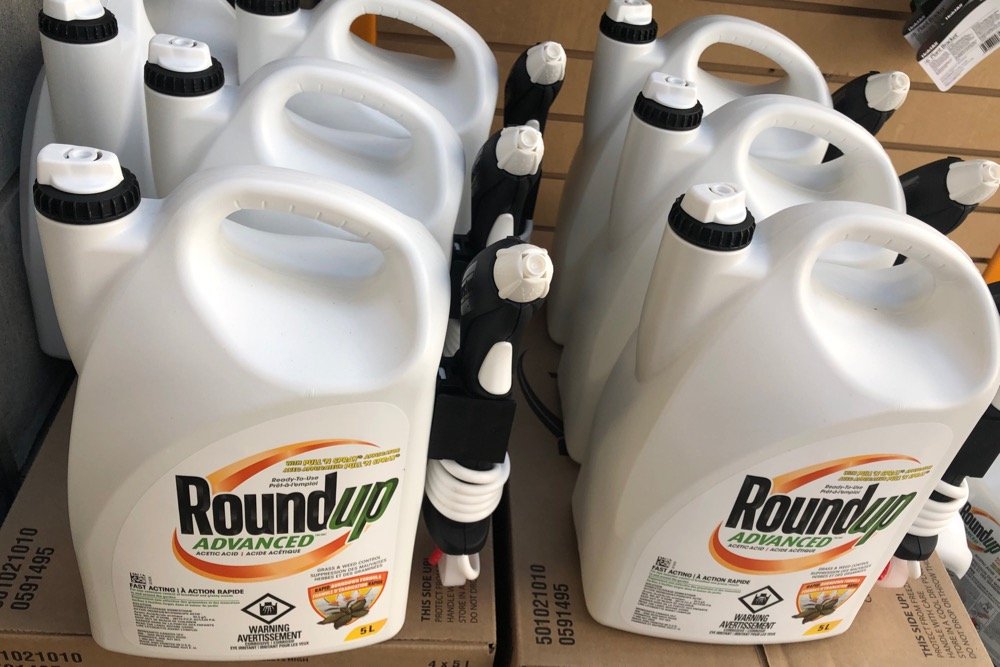Reuters — A U.S. federal judge on Tuesday questioned a US$2 billion proposal by Bayer that would create a framework for resolving future claims that its Roundup herbicide causes cancer, casting doubt on the plan a day before a key hearing.
Bayer and class action attorneys hope U.S. District Judge Vince Chhabria in San Francisco will give preliminary approval on Wednesday to create a class of people exposed to Roundup who could get sick in the future.
The agreement would provide free medical exams and up to $200,000 in compensation if a class member is diagnosed with non-Hodgkin’s lymphoma, a cancer (all figures US$).
Read Also

Pea, lentil outlooks have some positive signals – Penner
As pulse growers consider what to plant this spring, Chuck Penner of Leftfield Commodities Research said there is some optimism in the Canadian pulse market. Penner gave a presentation at the Saskatchewan Pulse Growers meeting in Swift Current on Feb. 4.
Chhabria in a court filing asked if it was possible to contact the potentially millions of homeowners and farmworkers who have been exposed to Roundup to notify them they were going to be bound by the settlement.
He also wanted to know how he would determine if the compensation was adequate and whether he should evaluate the plan against other options, including Bayer adding a cancer warning label to Roundup, something the company has resisted.
Chhabria noted in his final question that jury trials have gone very well for plaintiffs. Given that, the judge asked why class members should agree to a settlement that requires them to present at future trials a report from a science panel that will spend the next four years determining if Roundup causes cancer.
“The last question is a killer,” said David Noll, a professor at Rutgers Law School.
The company has said decades of studies have shown Roundup and its active ingredient glyphosate do not cause cancer and are safe for human use. Consumer groups and personal injury lawyers have criticized the plan because it prevents lawsuits for four years and bars class members from seeking punitive damages.
Bayer said in a statement that judges often raise questions for parties to address prior to hearings.
“We look forward to working with the court and the parties through the approval process to ensure the class plan is fair to all parties,” the company said.
Chhabria said if his nine areas of concern were addressed at the hearing, a second hearing would be scheduled to deal with smaller concerns.
The company last June agreed to commit $9.6 billion to settle the existing 125,000 U.S.-based claims over Roundup, which is separate from the class settlement aimed at resolving future claims.
Bayer inherited the glyphosate-based herbicide Roundup, and the litigation, as part of its $63 billion acquisition of Monsanto in 2018.
The Canadian arm of Bayer CropScience last June said those settlements “have no bearing on litigation in Canada” and the company is “not contemplating a settlement of the Canadian cases related to glyphosate.”
— Reporting for Reuters by Tom Hals in Wilmington, Delaware.
















